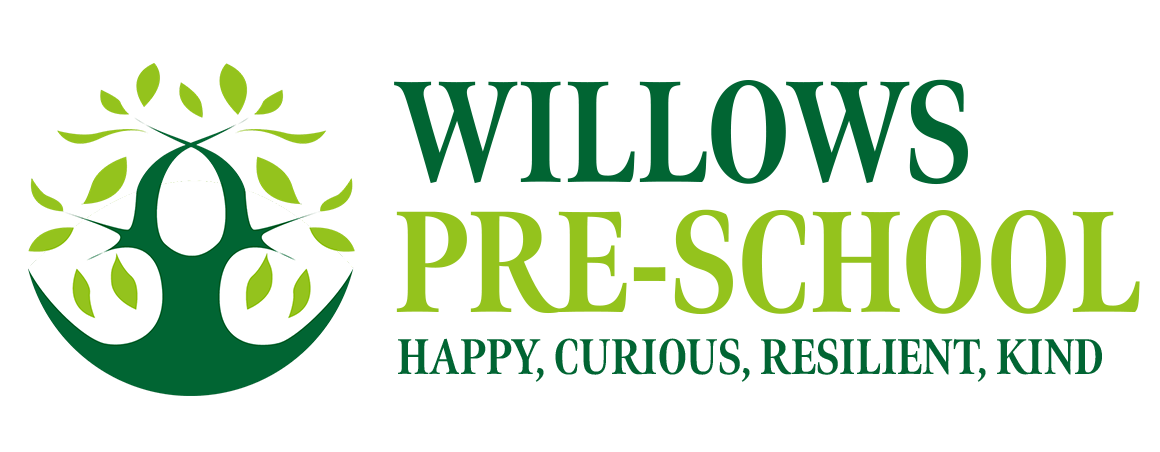Anyone who has ever been hugged knows the power of that simple act of physical affection.
They improve moods, lower stress levels, and boost self-esteem. For young children, who are still learning to navigate the world emotionally, hugs can be especially valuable.
In a pre-school/nursery setting, where children are spending time away from their parents for the first time, hugs can help to form attachments and provide a sense of security. In fact, teachers who give hugs to their students have been shown to foster healthier relationships and provide a more positive learning environment. However, with the rise of concerns about safeguarding, hugging has become a controversial topic. Some teachers, particularly males, worry that hugging might be misinterpreted. But when done thoughtfully and with consent, hugging is an important way to support young children as they navigate the emotional challenges of preschool.
It has got to the stage where the majority of early years settings have a “no-hug” policy.
Willows believes this is not consistent with the best interests of the children and it is time to discuss this elephant in the room.
Touch is one of the most important senses in our early development and is vital for the development of the brain in general. Through touch, children can learn about themselves and their surroundings, and this sense is essential for their cognitive development.
Studies have shown that babies who are regularly touched develop faster than those who are not. Furthermore, research has shown that babies who are deprived of touch can suffer from developmental delays, emotional problems, and even physical problems such as failure to thrive. Touch is an integral part of a child’s development, and it should be encouraged from an early age.
There is an understandable desire to protect staff and children from these risks and the proclivity towards a blame culture has overridden the evidence of the benefits of positive touch. The problem with a no-touch policy is that it can have several negative
consequences. Firstly, it can lead to staff feeling isolated and distanced from the children they are working with. Secondly, it can make it more difficult for staff to build trusting relationships with the children in their care. Thirdly, it can make children feel anxious and unworthy of physical affection. And fourthly, it can create an environment in which abuse is more likely to go undetected. Willows believes that a no-touch policy is not an effective way to protect either staff or children from the risks of misconduct and abuse.
As a parent, you want your child to be safe at nursery. But you also want them to be able to explore and learn about the world around them. We believe a balance needs to be struck.
According to recent research in neuroscience, children who are regularly touched in a positive way have better social and emotional development than those who are not. They are also more likely to excel academically. So while it may seem counterintuitive, a nursery touch policy could actually be good for your child's learning and development.
We have developed a bespoke coaching App that allows us to assess the quality of the interaction of teachers with children including hugging and positive reinforcement.
Who knew that something so simple could have such a big impact?




